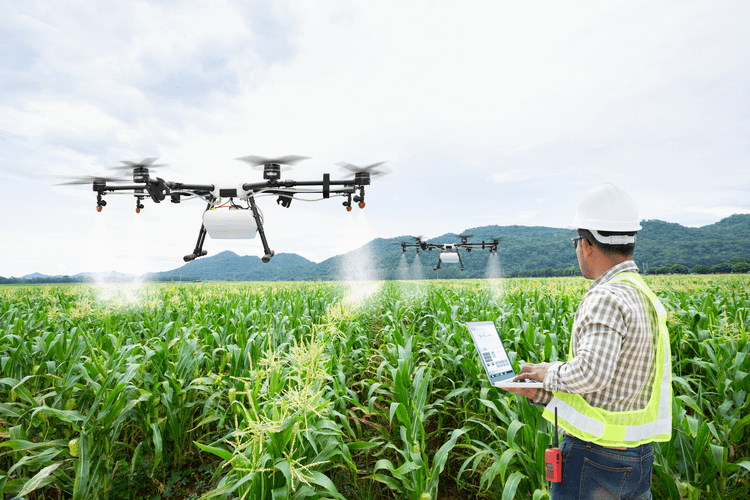Food Security in the Middle East and Gulf Countries: Challenges, Innovations, and Future Trends
Ensuring food security in the Middle East and Gulf countries remains a pressing issue. While some nations struggle with food production due to environmental constraints, others leverage economic strength and innovation to secure stable food supplies.
This article explores the key challenges, innovative solutions, and economic impact of food security in the region.
Food Security Challenges in the Middle East
The Middle East faces significant food security issues due to:
- Limited Arable Land & Water Scarcity: Agriculture is constrained by a lack of fertile land and water shortages, making domestic food production difficult.
- Climate Change Impact: Rising temperatures, erratic rainfall, and desertification are reducing agricultural productivity.
- Economic & Political Instability: Conflicts and financial struggles in countries like Syria and Lebanon have exacerbated food shortages, with food inflation surging by over 500% in some areas.
- Regional Disparities: While nations like Turkey benefit from favorable agricultural conditions, others face chronic food insecurity due to severe heat.
Food Security in the Gulf Cooperation Council (GCC) Countries
Despite importing approximately 85% of their food, GCC nations rank among the most food-secure globally due to their financial strength and strategic import policies. However, this dependency on imports makes them vulnerable to global supply chain disruptions.
Innovative Approaches in the GCC
To reduce reliance on imports and enhance food security, GCC countries are adopting forward-thinking solutions:
• Agricultural Technology (Agritech): Investments in hydroponics, vertical farming, and AI-driven agriculture are increasing domestic food production.
• Strategic International Partnerships: Saudi Arabia’s Agricultural and Livestock Investment Company (SALIC) recently acquired a major stake in Olam Agri, securing vital food supply chains across Asia, Africa, and the Middle East.
• Government Policies & Public-Private Partnerships: Governments are fostering innovation through subsidies, research programs, and collaborations with global agricultural firms and have an extremely positive result, notable in Saudi Arabia with Vision 2030.
The Economic Impact of Food Security Efforts
Boosting food security is not only a humanitarian issue but also an economic opportunity for the Gulf region. Key economic benefits include:
• Growth in Food-security: Increased funding in agricultural innovation is opening new markets and creating jobs.
• Strengthened Global Trade Relations: GCC nations are securing food supply chains through investments in foreign agricultural lands, notably Sudan.
• Sustainable Development: Implementing eco-friendly farming methods reduces long-term environmental risks and enhances economic-sovereignty .
Future Outlook
To ensure long-term food security, Middle Eastern and Gulf nations must continue investing in sustainable agriculture, climate-resilient farming, and strategic international partnerships. By leveraging technology and financial strength, the region can mitigate food supply risks and secure a more stable future.
Final Thoughts
While food security remains a complex challenge, the Gulf region’s proactive investments in technology and strategic planning are paving the way for a more resilient food system. As climate change and global economic shifts continue to impact our food supply chains, innovation and collaboration will be key in securing a prosperous future for the Middle East and GCC nations.


